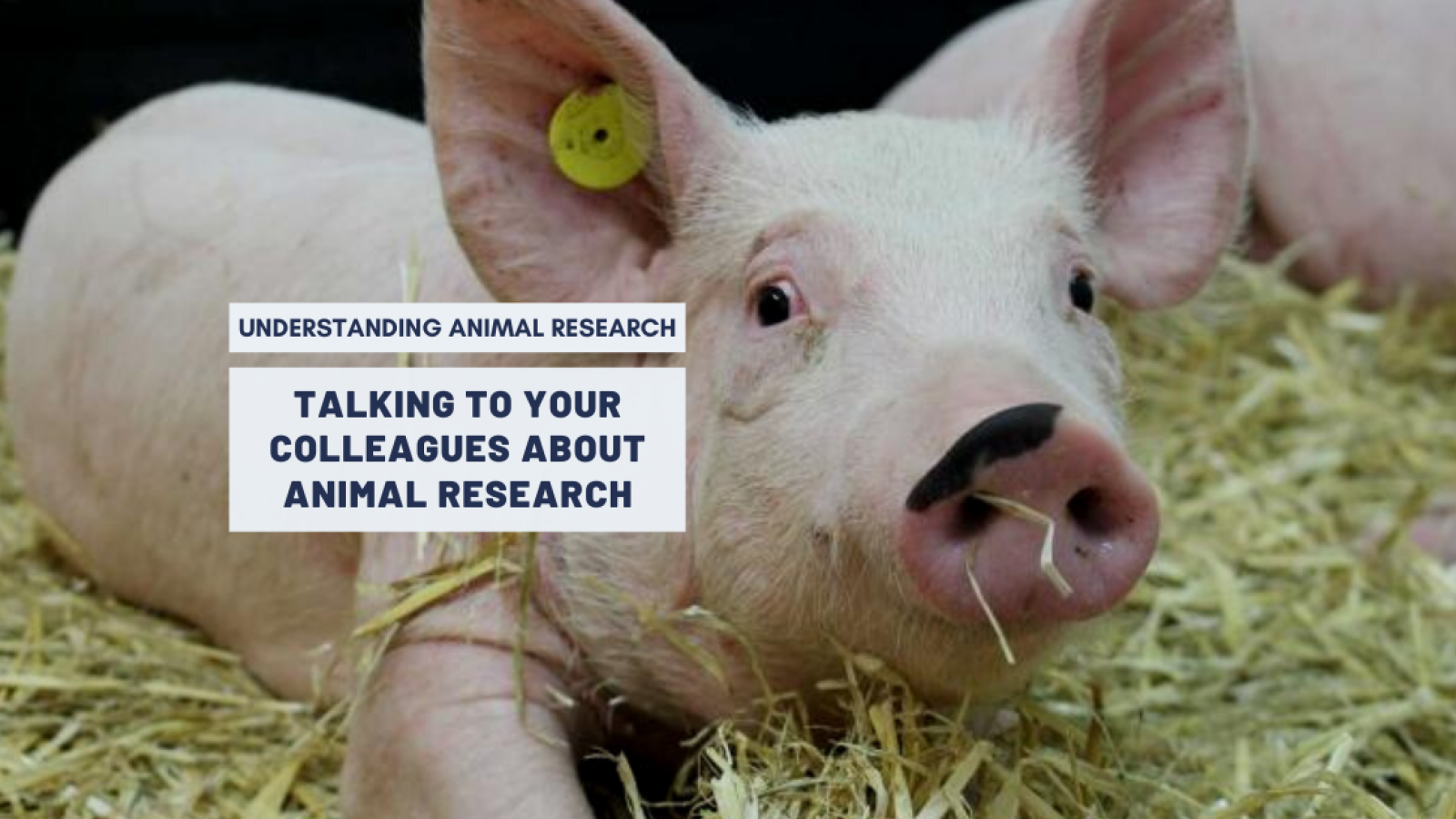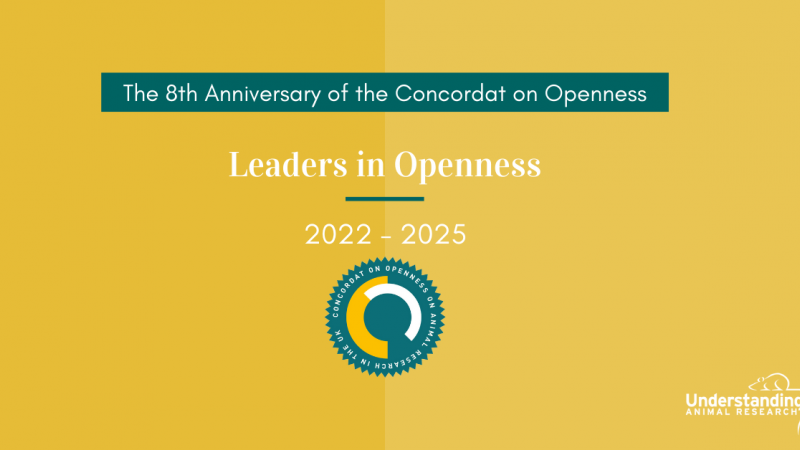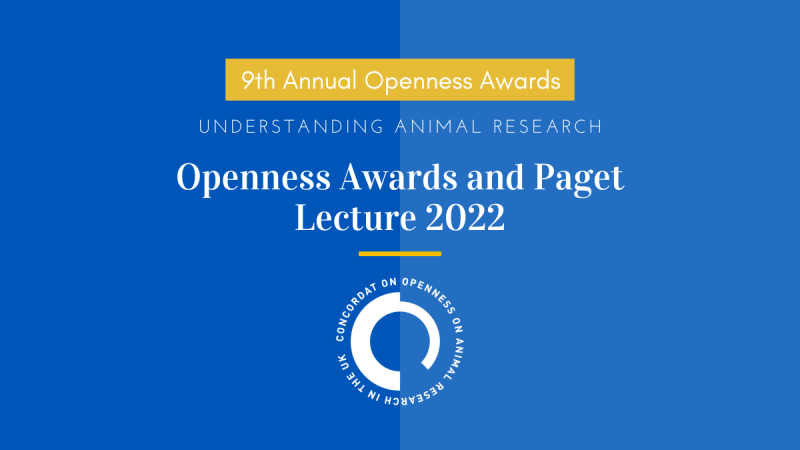Understanding Animal Research awarded The Pirbright Institute an Openness Award for “their exemplary approach to their inclusive and cohesive internal engagement practices.” What this means in practice is that all their employees, whether they are directly involved with animals or not, understand the purpose of the animal work carried out at the institute. They also have some understanding about how that work is conducted.
By doing this The Pirbright Institute encourages a culture of care and well-being within the workplace by promoting good animal welfare practices. Additionally, being transparent and open about the research process supports all their employees in their work. This in turn ensures the quality of the scientific results.
Lauren Cresser, Home Office Liaison Contact and Named Information Officer at The Pirbright Institute explained how this came about.
“Our journey to openness really started with the creation of the Named Information Officer under ASPA and becoming a signatory to the Concordat in 2014. This role became responsible for ensuring that the Institute met the commitments of the Concordat. I was lucky to be given the resources to take on that role.”
“I’ve always felt we have a real ethical responsibility to make sure that we talk about the contribution of animal research to scientific progress. Our Communications department is also central to assisting with the delivery of this and their help and support has been essential.”
At The Pirbright Institute, openness and transparency about animal research begins at the interview stage. Every candidate, irrespective of job role, is advised of the Institute’s use of animals in research. New starters then receive a presentation outlining the Institute’s use of animals in research as part of their induction day. This is then followed by a mandatory module that provides internal information and assessment on the types of animals used and how they are housed.
Lauren explains:
“Historically, given the challenges of our high containment facilities, we weren’t actively encouraging staff to take tours of our animal units. Similarly it wasn’t common practice to encourage photos or videos to be taken of animals on studies. However our culture of openness has progressed over the years. Today, the topic of animal research is included in the induction day for all new employees. Now all new starters at The Pirbright Institute receive a 10-minute presentation on the use of animals, how they are cared for, the welfare standards and the legislation etc. There are photos and videos highlighting how the animals are housed, and contact details for tours and AWERB attendance. We also arrange an annual culture of care and 3Rs meeting, which is open to all staff and details are highlighted during these inductions.”
No one in the organisation is left unaware of the research that is carried out and why.
“We wanted to be open about what we use the animals for and their role in our research. Ultimately, everyone at the Institute is working for the same cause.”
The Institute has also added the details of all the Named Persons and the AWERB to their intranet. All employees are welcomed and encouraged to take a tour of animal facilities and attend AWERB meetings. This fully open-door policy on AWERB meetings enables all staff to engage with and take responsibility for the regulated research carried out. Not only is the Institute’s research widely discussed and disclosed, but there are ample opportunities for staff to voice concerns, find out more, and be involved with oversight. The Institute’s whistleblowing process is also clear and well-considered to ensure that staff feel comfortable raising concerns.
Lauren concludes:
“I can’t see any reasons why we shouldn’t be open with the people we work with and beyond. There are so many benefits to openness and transparency including strengthening our culture of care and commitment to the 3Rs which ultimately leads to improved animal welfare and scientific quality – and that’s something everyone wants.”
Last edited: 1 April 2022 15:03




